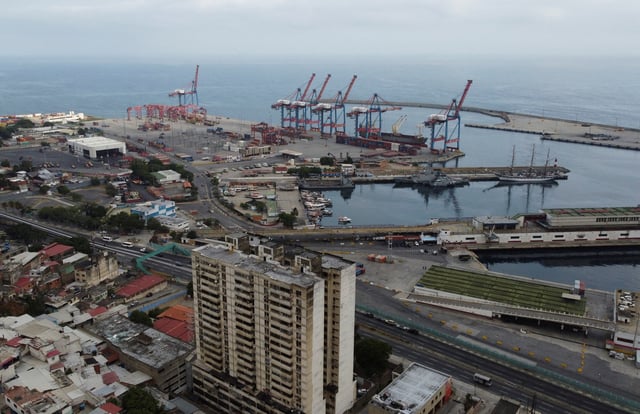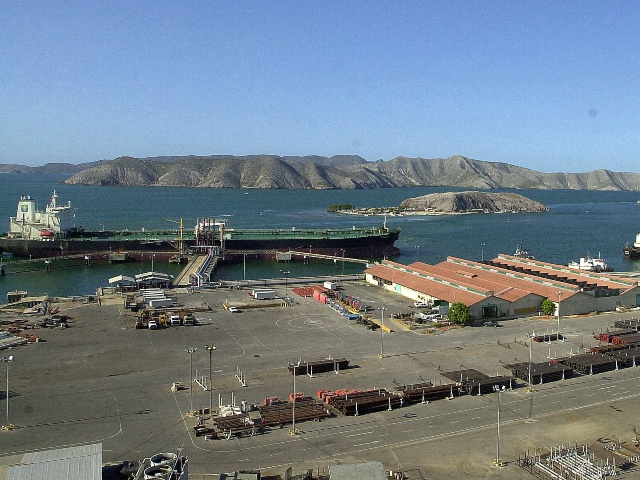Overview
- More than $1 billion worth of Venezuelan oil has been rebranded as Brazilian and shipped to China over the past year, circumventing U.S. sanctions.
- Traders use falsified certificates of origin and vessel-location spoofing to disguise the oil's true origin without relying on ship-to-ship transfers.
- Chinese customs data shows 2.7 million metric tons of 'Brazilian' bitumen imports between July 2024 and March 2025, despite Petrobras denying any such exports.
- Direct shipments from Venezuela to China have eliminated the need for Malaysian transshipment hubs, saving costs and reducing voyage times by four days.
- The rebranded oil, often Venezuela's Merey crude, is favored by Chinese independent refiners who exploit the misclassification to bypass import quotas.

